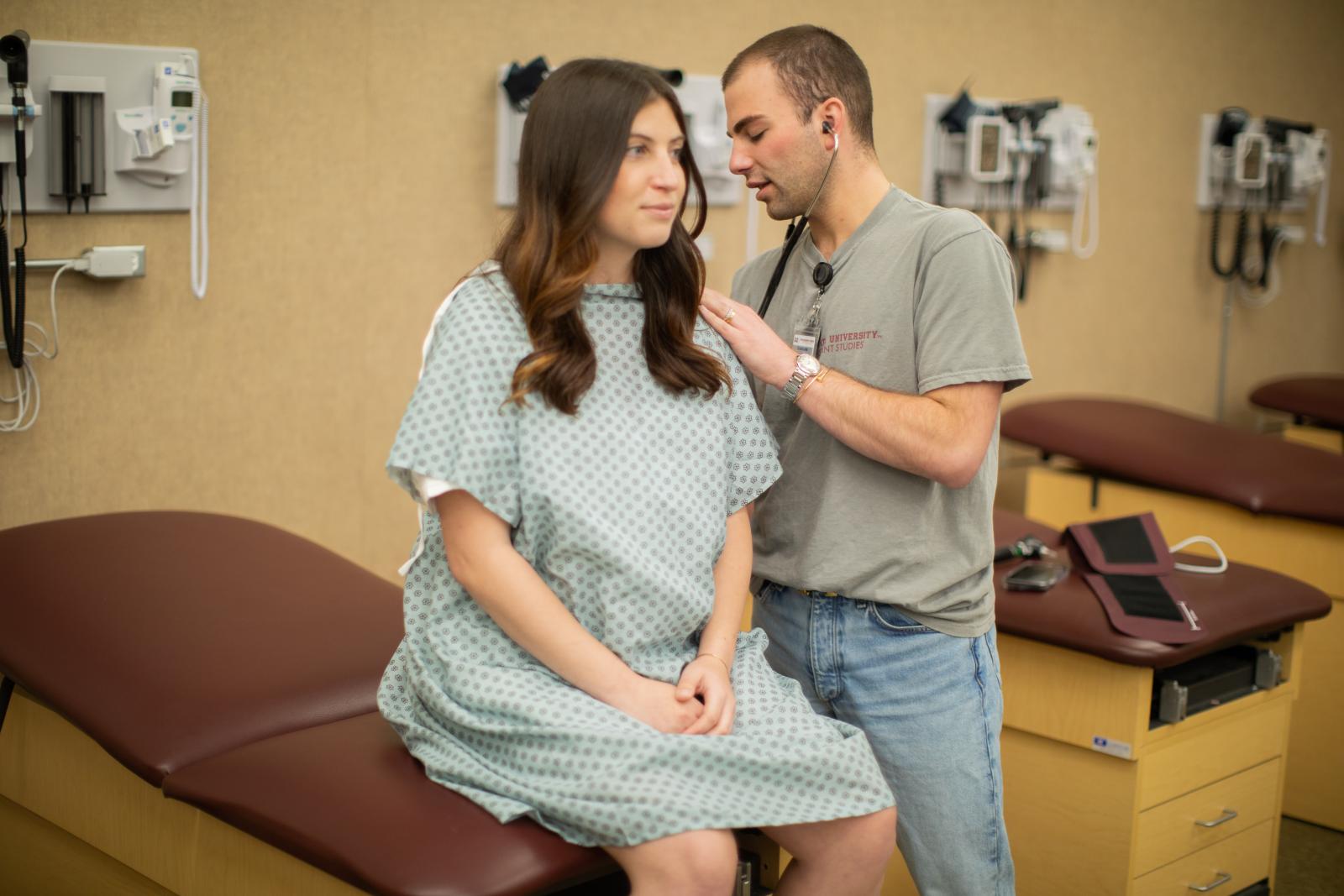About the Profession

A PA is a nationally certified and state-licensed medical professional. PAs practice medicine on healthcare teams with physicians and other providers. They practice and prescribe medication in all 50 states, the District of Columbia, the majority of the U.S. territories and the uniformed services. Recently, the PA profession topped US News and World Report's job ranking list.
What Can PA's Do?
The function of a PA varies with training, experience, state law and the scope of the supervising physician's practice. In general, a PA will see many of the same types of patients as the physician. PAs can evaluate, diagnose, order and interpret diagnostic studies as well as implement treatment plans. All fifty states, the District of Columbia, and Guam have enacted laws that authorize PA to prescribe in the context of the MD-PA practice arrangement.
PAs provide a broad range of diagnostic and therapeutic services. They provide healthcare in the primary care specialties of family medicine, internal medicine, pediatrics, and obstetrics and gynecology. PAs are practicing in many medical or surgical subspecialties including oncology, endocrinology, rheumatology, plastic and reconstructive surgery, orthopedics, cardiology, dermatology, and interventional radiology.
As part of their comprehensive responsibilities, PAs conduct interviews and physical exams, diagnose and treat illnesses, counsel on preventive health measures, and assist in surgery. Physician assistants are also found in higher education and clinical research.
"Numerous studies have shown that the quality of care given by physician assistants is at the level of that given by physicians in comparable situations, with high levels of patient satisfaction. Actuarial data do not show any increased liability resulting from the use of physician assistants. A growing body of research and extensive clinical experience shows that they are accepted by both patients and doctors and that their performance in terms of quality of care, expanded access, and cost effectiveness is satisfactory." (adapted from Mittman, DE, Fenn, WH, Cawley, JF, 2012)
For more information on the Master of Physician Assistant Studies Program, please contact (pa@meridian.msstate.edu).
How are PA's Educated and Trained?
For more information about PA education, please review http://paeaonline.org/
PAs are educated at the master’s degree level. There are more than 300 PA programs in the country and admission is highly competitive, requiring a bachelor’s degree and completion of specific prerequisites. PA programs range in length from 24 to 36 months.
In the rigorous didactic phase, students take courses in basic medical sciences, clinical decision making, clinical skills, behavioral sciences, pharmacology, health promotion and disease prevention, and behavioral ethics.
In the clinical phase, students gain clinical experience in various specialties, completing more than 2,000 hours of clinical experience. Clinical experiences occur in various disciplines, including family medicine, internal medicine, women's health, pediatrics, general surgery, emergency medicine, and behavioral medicine.
For more information on the Master of Physician Assistant Studies Program, please contact (pa@meridian.msstate.edu).
For more information about the profession, please review the PA professional websites
For more information on the Master of Physician Assistant Studies Program, please contact (pa@meridian.msstate.edu).